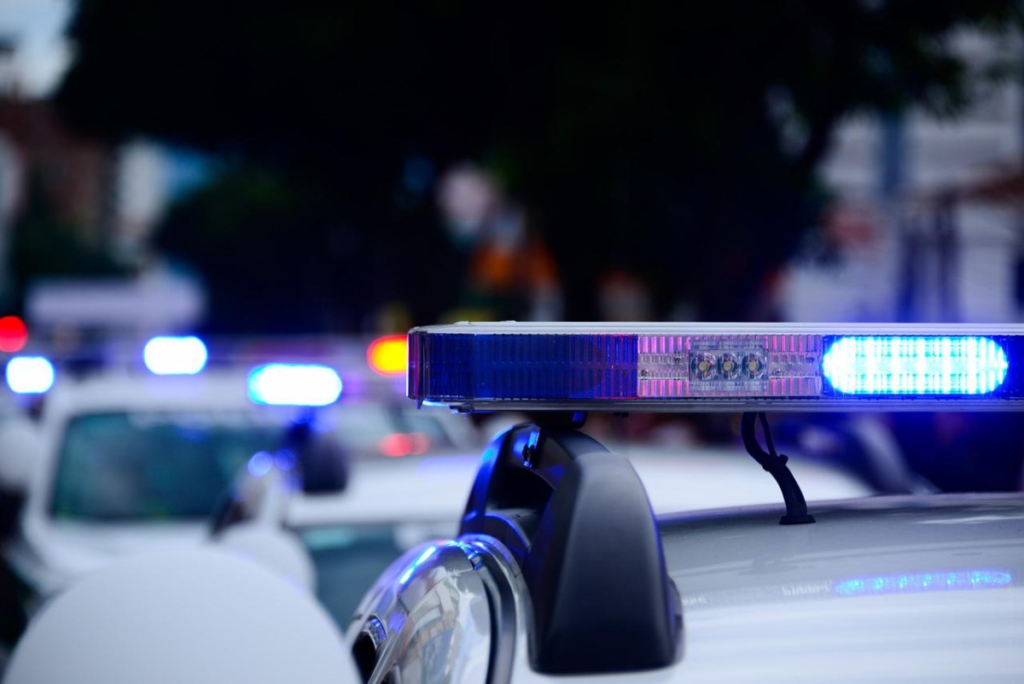The violence in Ukraine must end, South African President Cyril Ramaphosa urged his Russian counterpart Vladimir Putin on Saturday while they were both in Russia as part of a mission seeking peace.
Ramaphosa declared that “diplomatic and negotiating means must be used to end this war.”
He continued by saying that his group, which was made up of seven African presidents, “wants this war to end.
Before holding official meetings with the president of Russia, Ramaphosa stated that “this war is having a negative impact on the African continent and indeed on many other countries around the world.”
The group spoke with Ukrainian President Volodymyr Zelensky on Friday in Kiev.
“We have come to listen to you, and through you, to hear the voice of the Russian people,” said Comoros President
He said, “We wanted to encourage you to engage in talks with Ukraine.
African nations’ positions on the conflict have varied, with some siding with Ukraine while others have remained neutral or tended to support Moscow.
African leaders hoping to mediate the conflict in Ukraine were given a litany of reasons by Russian President Vladimir Putin on Saturday, casting doubt on a strategy that Kyiv had already largely rejected.
Even as Kyiv last week launched a counteroffensive to drive Russian forces from the expanses of southern and eastern Ukraine that they control, the African leaders were trying to reach an agreement on a number of “confidence building measures”.
After meeting with them on Friday in Kyiv, Ukrainian President Volodymyr Zelenskiy declared that peace negotiations would need Moscow to evacuate its troops from Ukrainian territory that it has claimed is not negotiable.
Putin emphasized Russia’s commitment to the continent as he began Saturday’s meetings with representatives of Senegal, Egypt, Zambia, Uganda, the Congo Republic, Comoros, and South Africa in a palace outside of St. Petersburg.
But before the round of speeches could continue, he intervened to criticize the assumptions of the proposal, which is premised on acceptance of internationally recognized borders, after presentations by the presidents of Comora, Senegal, and South Africa.
Putin reaffirmed his stance that the crisis had been begun by Ukraine and its Western supporters long before Russia put its armed forces across the border
He said that the West, not Russia, was to blame for the early-year steep increase in food prices that particularly hurt Africa.
He informed the team that because most of the grain exports from Black Sea ports in Ukraine had gone to wealthier nations rather than poor ones, they had not helped Africa’s problems with high food costs over the previous year.
And he added that despite Kiev’s efforts to scuttle negotiations, Russia had never rejected the Ukrainian position. However, Moscow has repeatedly insisted that any settlement must take into account “new realities,” which Moscow has defined as its declared annexation of five Ukrainian provinces, four of which it only partially governs. This is unacceptable to Kiev.
The African idea is shared by Moscow, according to Russian Foreign Minister Sergei Lavrov in televised remarks, but Kremlin spokesman Dmitry Peskov was quoted by Russian news media as saying it was “difficult to realize.”
According to Peskov, Putin expressed interest in the proposal, which was presented with 10 points by South African President Cyril Ramaphosa, and Russia will keep up communication with the African nations.
According to Lavrov, they did not bring any messages from Zelenskiy to the Russian president.
Russia, according to Putin, is “open to constructive dialogue with anyone who wants to establish peace on the principles of fairness and acknowledgment of the legitimate interests of the parties.”
There was no update on the bilateral discussions between Ramaphosa and Putin that he had promised to hold before hosting a summit in August with Brazil, Russia, India, China, and South Africa.
Since Putin was charged with war crimes by the International Criminal Court in March, which he denies, South Africa, a member of the court, is in the embarrassing position of having to detain him if he enters the country.









